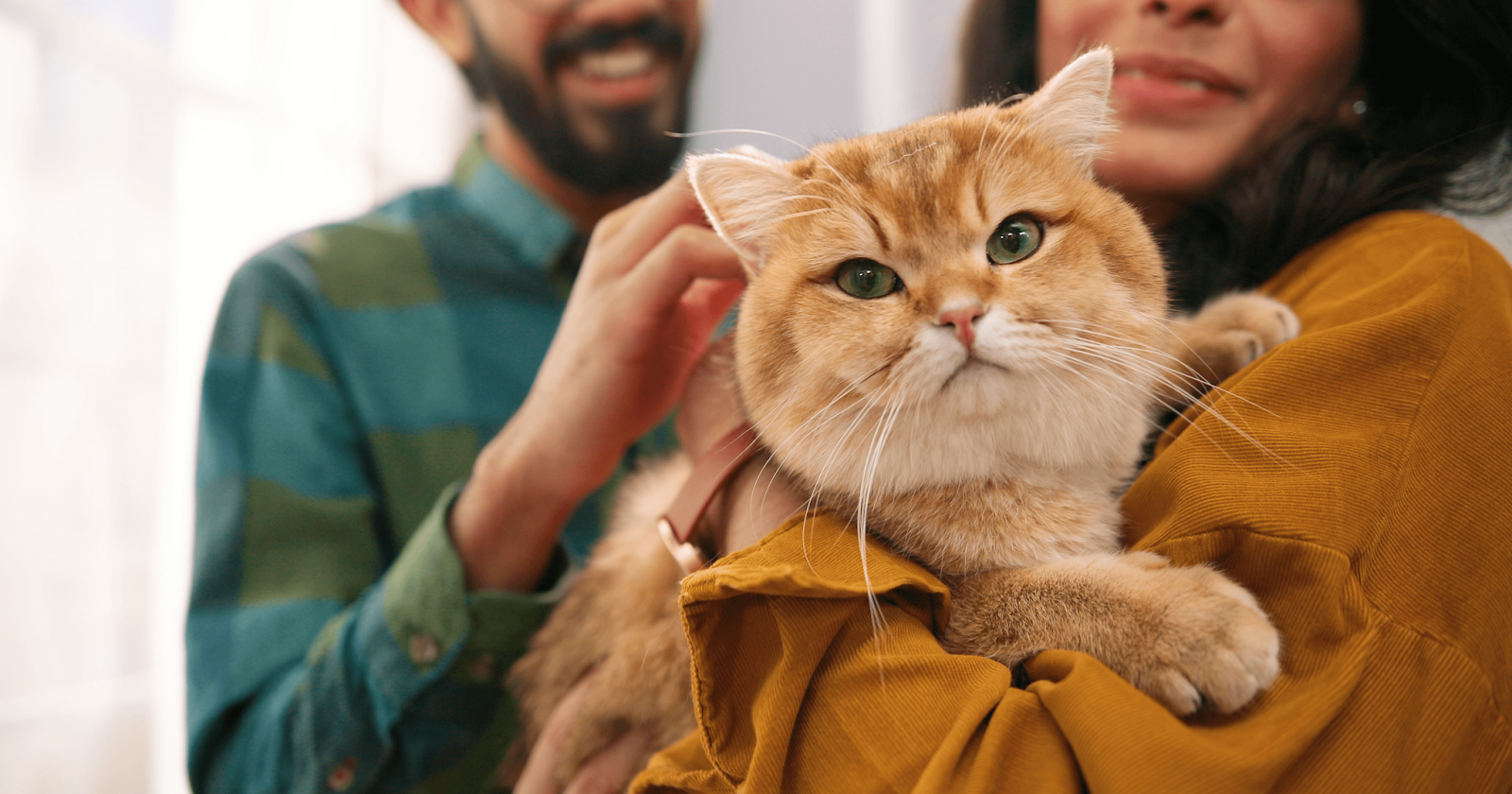Many cat owners are familiar with their furry friends’ independent and aloof nature. Cats often give off an air of cool indifference. However, just like humans, cats can experience jealousy too.
Jealousy in cats can manifest in various ways, and cat owners need to be aware of the signs. In this article, we share eight signs that may indicate your cat is experiencing jealousy.
While cracking the mysterious code of jealousy in your feline, also think about safeguarding their well-being with cat insurance. Pet insurance ensures that your furry buddy receives necessary medical attention in difficult health circumstances, so it’s worth considering getting a policy.
In the meantime, educate yourself about the telltale signs of jealousy in your cat and discover effective ways to address this behavioural issue.
Signs of jealousy in cats
Cats, known for their independent nature, can exhibit signs of jealousy when they perceive a threat to their territory or attention. Recognizing these signals can help address and mitigate feelings of jealousy.
1. Attention-seeking behaviour
A jealous cat may demand more attention, often by rubbing against you, vocalising excessively, or getting in your line of sight.
2. Aggressive behaviour
Jealousy may manifest as aggression, including hissing, swatting, or biting, especially when the cat perceives attention given to another pet or person.
3. Interference with interactions
Cats may insert themselves between you and another person or pet, trying to monopolise your attention.
4. Changes in sleeping habits
A jealous cat might alter its sleeping patterns, choosing to sleep in closer proximity to you or disrupt the sleep of perceived rivals.
5. Destructive behaviour
Jealousy may lead to destructive actions, such as scratching furniture, knocking over items, or engaging in other attention-seeking behaviours.
6. Changes in grooming habits
A cat feeling jealous may exhibit changes in grooming, either over-grooming or neglecting their grooming routine.
7. Marking territory
Cats may mark their territory by spraying urine in response to perceived threats or changes in their environment.
8. Withdrawal/avoidance
Some cats may become more aloof or avoid interactions altogether if they sense competition for attention.
How to address jealousy:
- Provide equal attention: Ensure all pets receive adequate attention to minimise feelings of competition.
- Enrich the environment: Offer toys, climbing structures, and individual spaces to alleviate boredom and reduce rivalry.
- Positive reinforcement: Reward positive behaviours and interactions with treats and affection.
- Consult your vet: If behavioural changes persist, consult an animal behaviourist or your vet to rule out underlying health issues.
With patience and understanding, you can help your cat feel secure and loved even in situations that may trigger jealousy. Providing a balanced environment and acknowledging your cat’s emotions can contribute to a harmonious household.
Nurture your cat’s emotional, mental, and physical well-being by providing love, care, and attention.
Also, think about getting comprehensive pet insurance coverage because illnesses are often unpredictable, and treatments can be expensive.
Compare cat insurance plans to ensure peace of mind and protection during moments of jealousy and every step of their journey to a content and thriving life.





